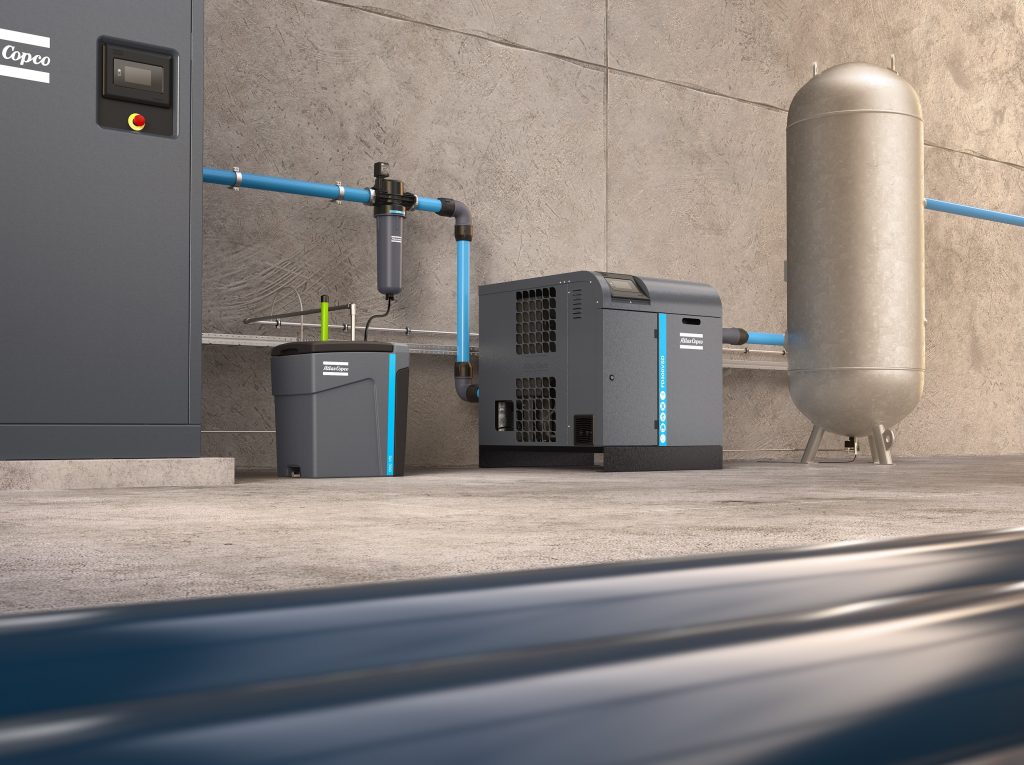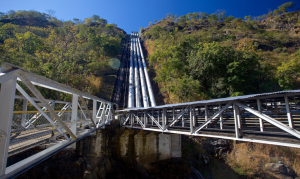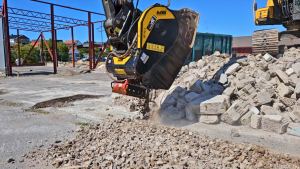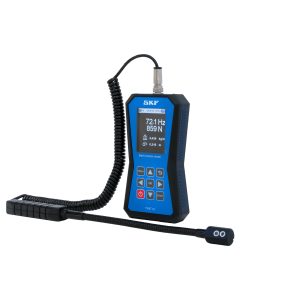For many industries, treating compressed air is not only a best practice but also essential for high equipment performance to ensure reliable production. Left untreated, compressed air can become a silent saboteur, introducing contaminants that compromise equipment, disrupt processes and jeopardize the integrity of end-products which can ultimately harm business reputation.
“Protecting air quality is key to protecting your brand,” stresses JC Lombard, Business Line Manager of Atlas Copco Compressor Technique’s Oil-free Air division. “Compliance to the ISO 8573-1 air quality standard is critical for applications that require high quality compressed air, protecting downstream equipment and end-products. Lombard warns that not complying to these standards can be costly. “For applications where clean air is imperative, the potential problems and expenses arising from poorly treated compressed air can dwarf the investment into premium quality equipment. Furthermore, compliance with air quality standards will enhance compressed air system reliability and efficiency, subsequently boosting production and profitability.”
The initial purchase price of an air compressor accounts for a small fraction (approximately 10%) of the total Life Cycle Cost (LCC); the lion’s share of expenses arises from the compressed air generating process. Energy represents the most significant expense in the total cost of producing compressed air, accounting for as much as 70% of a compressor’s LCC. Investing in the right air treatment solutions such as Atlas Copco’s oil-free compressors and advanced air filtration and dryer technologies, present the most cost-effective way for customers and end-users to mitigate costs, protect investments, safeguard production processes and ensure operational up time, with the ultimate goal of maintaining end-product quality.
Compressed air systems are vulnerable to contaminants such as oil, dust, bacteria, and moisture. However, they pose no risk if effectively kept out of the system from the start. Understanding the specific contaminants that may affect operations, along with the air quality standards required for compliance, are key. It begins with selecting the right location for the compressor. Ideally, placing the unit in a cool, dry and low-dust environment helps significantly reduce contamination of the inlet air.
Contamination also potentially originates from the ambient air being introduced during the compression process. Investing in an oil-free Class Zero ISO 8573-1 Atlas Copco compressor will ensure that no oil vapour or droplets are introduced into the air stream during the compression process.
Lombard emphasises that Atlas Copco offers compressors equipped with integrated filters and dryers, as well as standalone filter and dryer units to suit a variety of system configurations and needs.
Focusing first on filtration solutions, Lombard highlights that different filters target different contaminants. “For example, a filter that is highly effective at removing oil may not eliminate dust particles from the air stream. Thus, the specific type of contaminant will determine the appropriate filter as well as the required air purity class.”
Atlas Copco offers a broad range of new generation compressed air filters and grades specifically designed to tackle various threats by reducing leaks, blockages and moisture, as well as preventing contamination-related wear. Key benefits from using the correct Atlas Copco air filter includes efficient, long-lasting compressor performance and lifecycle, reduced energy and maintenance costs, and compliance with strict air purity standards.
Utilising different filtration technologies, Atlas Copco’s new generation air filters are designed to take on a specific threat to the airstream and feature several innovations that enhance air compressor system efficiency and operational simplicity: Wrapped media for wet particles. (Atlas Copco’s patented Nautilus technology combines multiple wrapped layers to offer constant air quality at the lowest pressure drop); Pleated media for solid dry particles; Macro-structured activated carbon and Cyclone for water
As moisture in compressed air can potentially cause corrosion in systems and equipment, and create conditions that promote microorganism growth, it must be eliminated or reduced. Atlas Copco’s ISO 8573-1 air dryers, aftercoolers and water separators are engineered to effectively combat moisture buildup and corrosion, air leaks and pressure drops, high energy consumption, frequent downtime and maintenance.
RELATED: Portable compressed air, expertly explained by Atlas Copco’s Jonathan Cassell
With dew points from +3 to -70 °C, Atlas Copco air dryers are engineered to deliver the exact air quality needed for specific applications, maintaining product integrity. In addition, these eco-friendly units are designed to help lower customers and end-users’ carbon footprint and promote sustainable industrial practices. The comprehensive range includes desiccant, refrigerated and membrane models. Within the desiccant category, there are five distinct dryer types – Twin Tower, Heatless, Blower Purge, Heat of Compression and Rotary Drum dryers – each designed to meet specific application needs.
Atlas Copco highly recommends that operators conduct air compressor audits that will give them valuable insights into the presence of contaminants and help identify potential issues before they escalate. Atlas Copco’s advanced air compressor audit tool, AIRScan, facilitates system efficiency maintenance, ensuring air quality. Routinely checking for and repairing air leaks improves energy efficiency and eliminates potential entry points for contaminants. With decades of experience in compressed air technology, Atlas Copco offers smart end-to-end air treatment solutions that will protect valuable assets and critical processes, optimise system performance and energy efficiency, boost productivity and contribute significantly to sustainability goals, ultimately empowering customers and end-users to achieve operational excellence.








